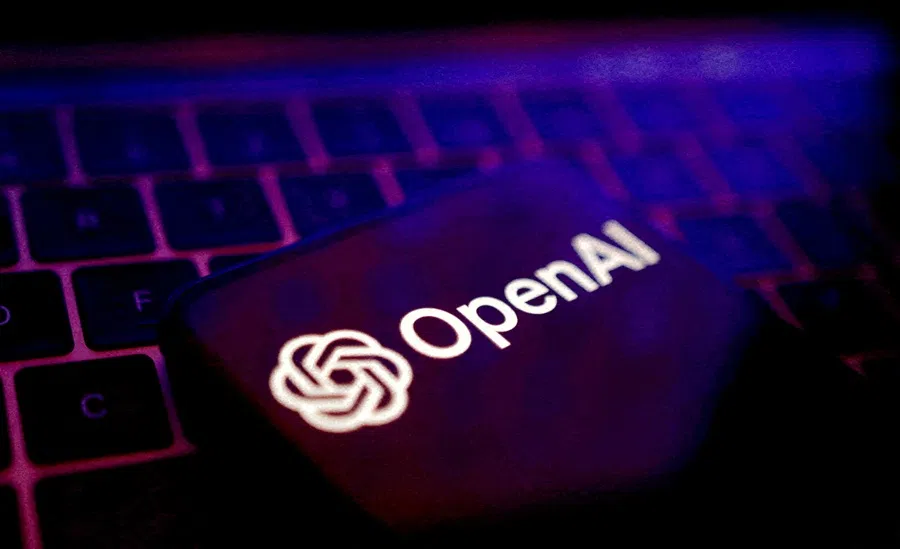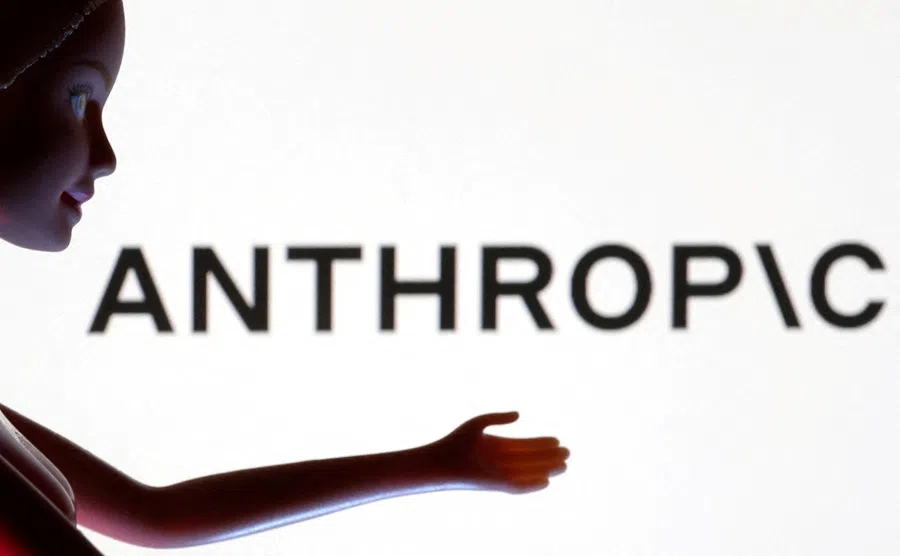Why Manus, China’s rising AI star, moved to Singapore
Just four months after bursting onto the scene, AI agent Manus and its parent startup Butterfly Effect pulled out of China and moved to Singapore, drawing comments from the internet community. Technology expert Yin Ruizhi takes a look at the state of China’s AI startups.

In March this year, general-purpose artificial intelligence (AI) agent Manus, created by Chinese AI startup Butterfly Effect, made a striking debut and quickly gained popularity due to its powerful capabilities built on the Claude large language model (LLM).
Manus is a smart AI assistant that can handle complicated tasks on its own by searching the internet and using different tools. What makes Manus special is that it combines advanced AI with automated systems to carry out actions step by step. It shows users exactly what it’s doing in real time through a virtual workspace, making the whole process easy to follow.
Quick exit
However, a mere four months later, Manus’s parent company, Butterfly Effect, relocated its headquarters from China to Singapore and carried out mass layoffs — reducing its original 120-member team to just about 40 core technical personnel.
... it is difficult to secure strong funding in China; also, the underlying technology of the LLMs it uses is still reliant on American AI companies.
Several renowned Chinese “Big Vs” (or celebrity influencers) who had long positioned themselves as pro-China accused the company of “killing the donkey after the grinding is done” — using China’s low-cost engineering talent to get the product off the ground, securing US$75 million in funding, and then executing a strategic escape. Meanwhile, Big Vs who are more critical of China pointed to this as a classic example of the country’s deteriorating economic climate, with even celebrated startups choosing to leave.
In fact, this outcome reflects the different development paths of the Chinese and American AI industries at this stage. Manus should not be judged morally, nor does this mean China’s startup ecosystem is in decline.
Reasons for pulling out
There are two main reasons for Manus’s fast relocation: at the moment, it is difficult to secure strong funding in China; also, the underlying technology of the LLMs it uses is still reliant on American AI companies.

Manus wants to become a leading application services company, not a tech firm aimed at tackling tech bottlenecks. Meanwhile, China’s AI industry is currently focused on overcoming technical bottlenecks, such as chips and the underlying architecture for LLMs — not optimising applications.
Since application-level innovations like Manus are easier to catch up with compared to chips and LLMs, they are not a priority for major Chinese investors right now. As a result, Manus was only able to secure US investment, completing a US$75 million funding round led by Silicon Valley venture capital firm Benchmark. This naturally drew regulatory scrutiny, which eventually forced the company to relocate to Singapore.
US AI companies do not face major bottleneck issues, so their LLM companies focus on two clear priorities: one, optimising service details; two, strengthening their products’ advantages in meeting global regulatory requirements. Claude, a US AI company that Manus depends on, is a prime example of this approach.
Claude vs Manus
First, when it comes to service details, Claude offers advanced ways to interact with different types of information. Manus’s Browser Use feature lets it browse and use web pages like a human — it can navigate sites, extract content, click buttons, fill out forms and even run JavaScript. This works thanks to Claude’s special vision technology, powered by the Claude Sonnet 3.7 AI model, which analyses every tiny part of a web page to understand it in great detail and with high accuracy.
There are many similar examples. Claude offers a range of enterprise-grade tools, including a specialised security system that is especially valued by clients in the financial sector. It also supports multiple languages and international standards, making it ideal for global applications. These technical features are not the current focus for Chinese AI companies.
Claude can securely handle cross-border data in line with international data protection standards. These capabilities are exactly what Manus needs most.

In terms of compliance, Claude boasts global compliance coverage, having passed audits in 90% of regions worldwide, with built-in compliance modules for regulations like the European Union’s General Data Protection Regulation (GDPR) and the US’s Health Insurance Portability and Accountability Act (HIPAA).
Its ethical framework is robust, grounded in Anthropic’s “Constitutional AI” philosophy, ensuring strict safeguards for ethics and safety. Additionally, Claude can securely handle cross-border data in line with international data protection standards. These capabilities are exactly what Manus needs most.
The differing ecosystems shaped by China-US AI competition mean that service-oriented companies like Manus have limited short-term options and are essentially forced to expand overseas. However, this does not imply a deterioration of China’s startup environment.



![[Big read] When the Arctic opens, what happens to Singapore?](https://cassette.sphdigital.com.sg/image/thinkchina/da65edebca34645c711c55e83e9877109b3c53847ebb1305573974651df1d13a)
![[Video] George Yeo: America’s deep pain — and why China won’t colonise](https://cassette.sphdigital.com.sg/image/thinkchina/15083e45d96c12390bdea6af2daf19fd9fcd875aa44a0f92796f34e3dad561cc)
